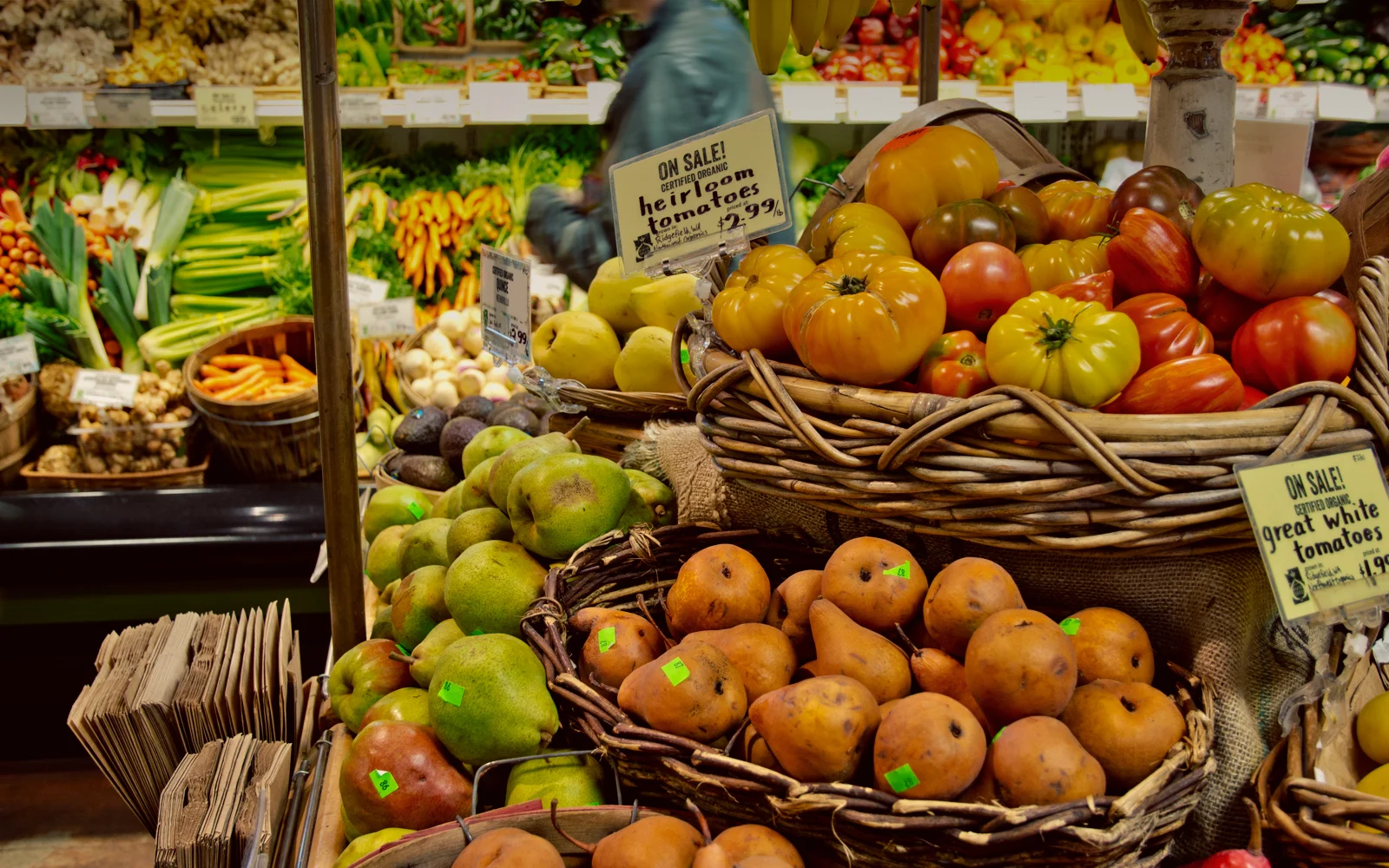A co-op is a business owned by the people who use or work for it.
These Member-Owners also vote for and sit on the Board of Directors of the business. Co-ops exist to meet the needs of their Member-Owners, and are truly community-owned. The Member-Owners of a co-op could be its consumers, workers, producers (e.g. farmers), or a combination of two or three of these groups.
But there's so much more to co-ops.
Cooperation isn't new: humans have cooperated in mutually beneficial ways for thousands of years.
Cooperatives speak to a deep drive for people to gather together to define and meet their own needs, and modern co-ops are often used as an economic tool for communities that exist on the edges of a culture to organize and sustain themselves.
Co-ops Are...
On its deepest level, the co-op model has been designed to yield equitable realities. This means co-ops provide tremendous opportunity to create change towards all the interwoven aspects of social, economic, and food justice. The dominant economic and corporate models are failing in this regard: they tend to ignore the needs of humanity and the living world in favor of accumulation and profit.
At their base, cooperatives are values-driven businesses, and this is one of the things that makes People's different. We are driven by care for our communities, food, land, and workplace. Profits are directed towards these values.
These are things you can see in the way we choose our products, make decisions, and democratically structure our staff and our business. Our store is laid out and built in a way that considers our community before profits.







